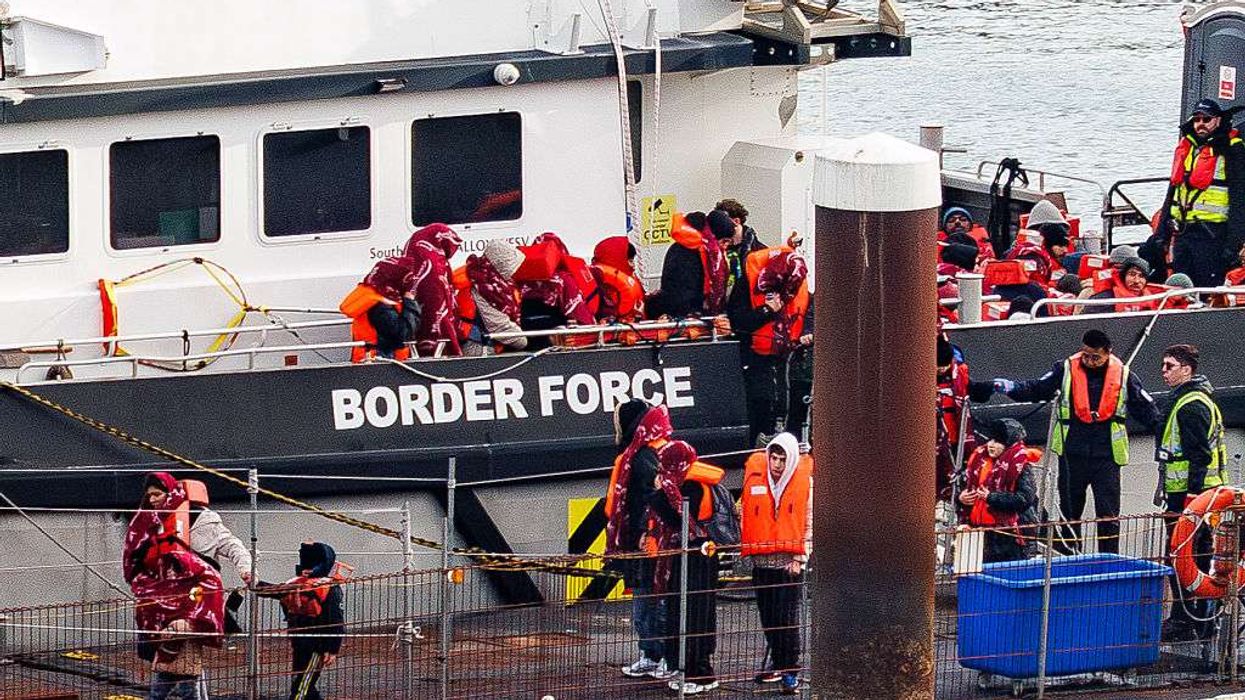by LAUREN CODLING
MINISTERS must ensure BAME domestic abuse survivors are given specialist support to avoid “additional barriers”, a campaigner has urged, as it was announced that councils in England will have a legal obligation to provide secure homes for victims.
Prime minister Theresa May unveiled the plans on Monday (13) which included a requirement by local authorities to develop and publish strategies of support services that are available for survivors, including accommodation.
Local authorities would need to work with other councils to ensure domestic abuse services reflects the needs of local people, including targeted, specialist support for BAME survivors, the ministry of housing and communities said.
Emma Armstrong is a services manager at a refuge based in Surrey. A survivor of domestic abuse herself, Armstrong spoke to Eastern Eye about the targeted support which she believes should be offered to BAME victims.
There is currently no specific training for refuge employees to deal with ethnic minority clients.
“For some women, it can be incredibly isolating if no one can speak the same language,” Armstrong said, giving an example of how small steps can make a difference.
“It adds additional barriers when they are already struggling.”
The refuge where Armstrong works previously employed an Indian-origin advocate who could communicate with south Asian women. However, it now uses a language guide to translate for victims.
“We use the language guides because we don’t want to turn away clients because they need specialist services,” Armstrong said. “But that is a daily cost to the refuge. We try to do everything we can but that is a specialist niche.”
An audit released by Women’s Aid in March showed that there are only 30 refuge services which provide specialist support for BAME women. These refuges, and spaces within them, are sparse, and largely confined to London.
Armstrong said BAME victims can encounter additional difficulties due to a lack of services which specifically target their needs.
The notion of honour can also impact south Asian victims. In certain communities, Armstrong said, honour is an aspect which needs to be considered.
As religious and cultural beliefs can play a large part among members of ethnic communities, it can lead some victims to feeling increased shame or guilt if they leave an abusive partner.
They can also experience pressure from their families to return home.
Armstrong recalled an instance where one woman was pressured by her partner’s family, and her own, to go back to an abusive situation.
“They said he wouldn’t do it again and to give him another chance,” she said. “The woman made the decision to leave and reunite with her partner.”
However, within three days, Armstrong received a call from the police. The victim needed an urgent space at the refuge as her abuser had locked her and her children in the house and cut off the electricity and heating.
“Family should be there to protect and advise, but in situations with some BAME clients, because religious and cultural beliefs are so important to them, it adds more pressure,” Armstrong said.
She added that some women also tended to play down the level of abuse they were suffering due to the shame they felt about leaving their families.
BAME victims may also find it difficult to ask for help as some abusive partners use their immigration status against them. Armstrong said she had heard of instances where a perpetrator told a victim they will be deported, and their children taken away, if they spoke out.
“Again, that is another barrier that some ethnic women will have to deal with. It does make it more difficult for them to speak out,” she said.
Although Armstrong welcomed the government’s plan, she hoped specialist services would be highlighted and increased across the country.
She also urged the government to increase funding for therapy and emotional support for victims.
“It is not just about accommodation,” she said. “Victims need a safe, supportive and secure approach where they are able to receive care which can help make them feel empowered and able to live their lives free of abuse.”
Lucy Hadley, the campaigns and public affairs manager for Women’s Aid, said it was vital the new approach provided support for all survivors.
“There remain many questions with the government’s proposals and how it will protect the future of these specialist services led by and for BAME women, who have been severely impacted by local authority cuts and poor commissioning practices,” Hadley said.
She added: “We look forward to working with our members to consider safeguards for these highly specialised services within the new, largely local, funding model.”
Responding to Eastern Eye, the minister for housing and homelessness, Heather Wheeler, urged organisations which offered specialist support to ethnic minorities to “respond to our consultation and ensure their voices are heard”.
The consultation will last for 12 weeks. See here for details.











